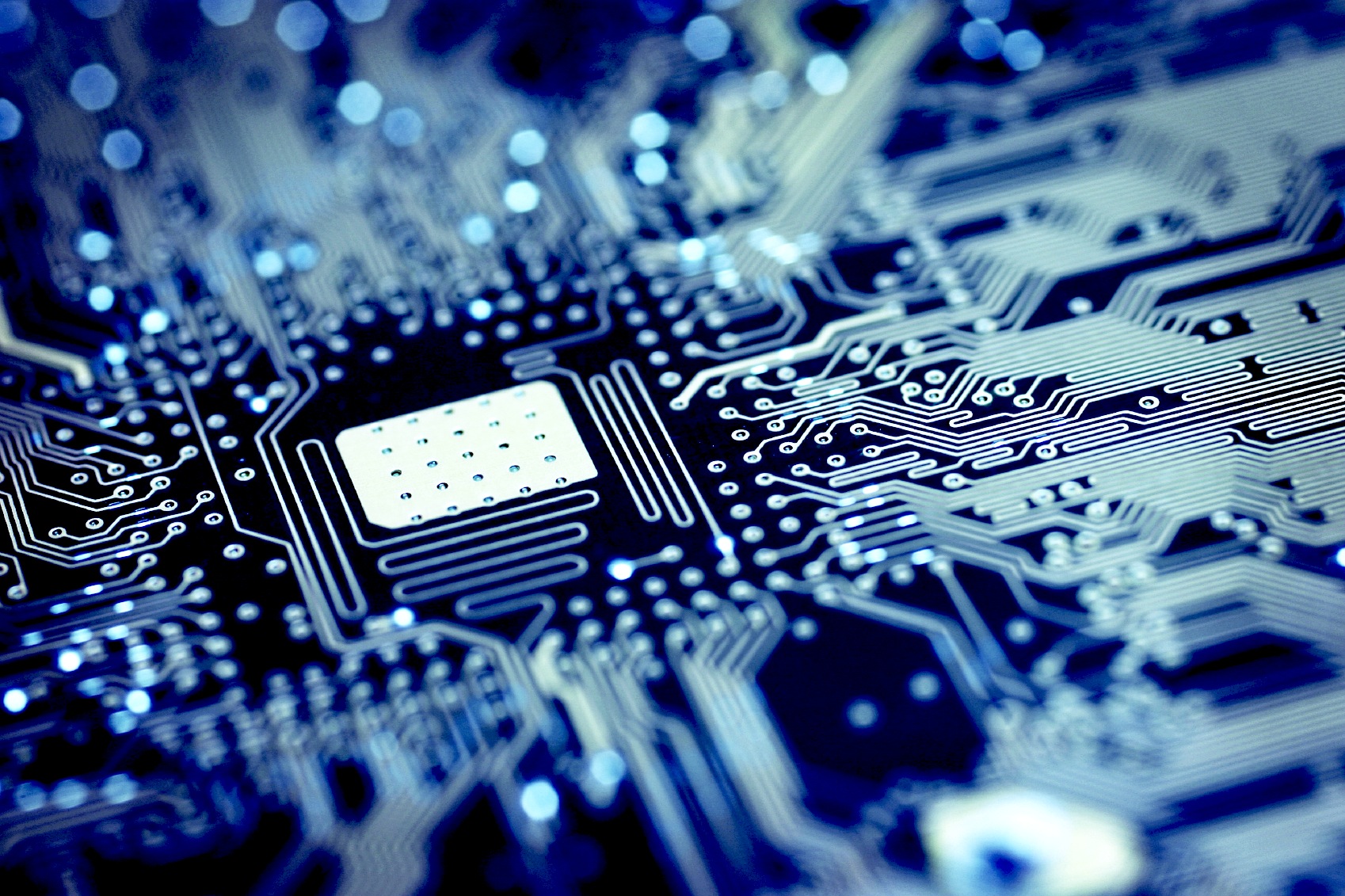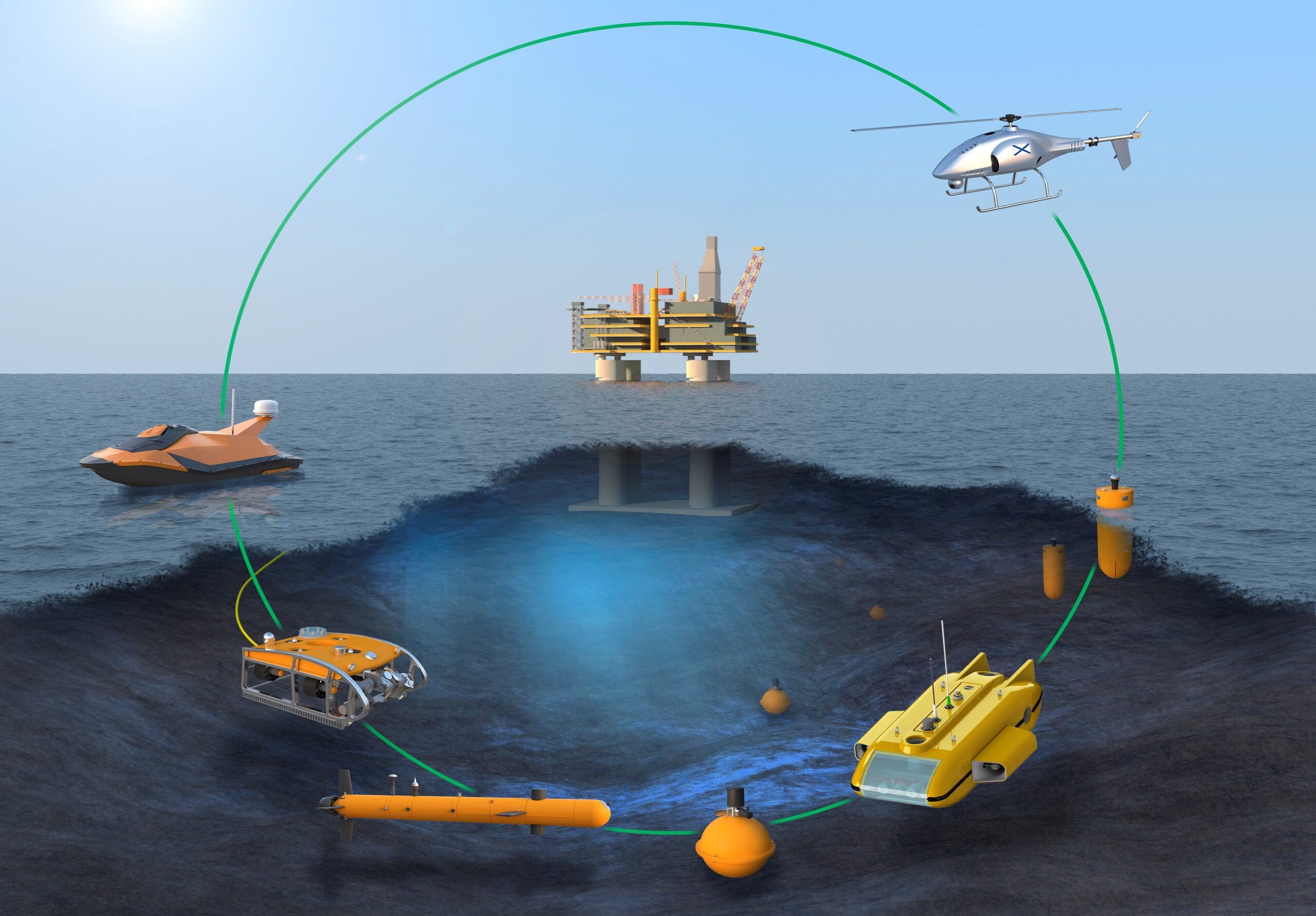Embarking on a new era of underwater discovery, Northwest Marine Technology is revolutionizing the future of ocean exploration. With cutting-edge technology and a deep-rooted passion for marine conservation, they are uncovering the mysteries of the ocean like never before.
Utilizing state-of-the-art equipment and innovative research methods, Northwest Marine Technology is at the forefront of developing new ways to explore the vast oceanic horizons. Their dedication to understanding and preserving the delicate ecosystems beneath the waves has resulted in game-changing advancements.
By integrating advanced sensors, autonomous vehicles, and data analytics, Northwest Marine Technology is empowering scientists and researchers to delve deeper into the uncharted realms of the ocean. From mapping and monitoring underwater biodiversity to studying climate change impacts, their breakthroughs are paving the way for a better understanding of our planet.
Join us as we dive into the world of Northwest Marine Technology and its pioneering efforts to protect and preserve our oceans. Together, we can unlock the secrets of the deep and create a more sustainable future for marine life.
The Importance of Ocean Exploration
Contents
The vastness of the ocean holds many secrets and mysteries that are yet to be discovered. Ocean exploration is crucial for gaining a better understanding of our planet and its complex ecosystems. The ocean covers more than 70% of the Earth’s surface and is home to a diverse range of species, many of which are still unknown to us. By exploring the ocean, we can uncover new species, study marine habitats, and learn more about the interconnectedness of all life on Earth.
Furthermore, ocean exploration plays a vital role in addressing environmental challenges such as climate change. The ocean acts as a sink for carbon dioxide and regulates the Earth’s climate. By studying the ocean, we can gain insights into climate change impacts and develop strategies to mitigate its effects. Additionally, understanding the ocean’s role in nutrient cycling and the carbon cycle can help us develop sustainable practices and protect marine ecosystems.
Ocean exploration also has significant economic implications. The ocean is a vast source of natural resources, including oil, gas, minerals, and fisheries. By exploring and understanding the ocean, we can better manage these resources and ensure their sustainable use for future generations. Moreover, ocean exploration opens up new opportunities for industries such as tourism, renewable energy, and biotechnology. The potential for economic growth and innovation in these sectors is immense.
The Evolution of Marine Technology
Over the years, marine technology has undergone a remarkable evolution, enabling us to explore the ocean depths with greater precision and efficiency. From the early days of basic diving equipment to the sophisticated tools we have today, the progress in marine technology salary has been awe-inspiring.
One of the earliest advancements in marine technology was the development of the bathysphere, a spherical diving vessel that allowed humans to descend into the ocean depths. In the mid-20th century, the invention of the scuba diving equipment revolutionized underwater exploration, enabling divers to stay submerged for longer periods and reach greater depths.
In recent decades, advancements in robotics and autonomous systems have propelled marine technology to new heights. Remotely Operated Vehicles (ROVs) and Autonomous Underwater Vehicles (AUVs) are now commonly used for deep-sea exploration. These robotic devices are equipped with cameras, sensors, and manipulator arms, allowing them to collect data, capture images, and retrieve samples from the ocean floor. The use of ROVs and AUVs has significantly expanded our capacity to explore the ocean depths and study underwater ecosystems.
Another significant advancement in marine technology is the development of advanced sensors and imaging systems. High-resolution sonar systems, multi-beam echo sounders, and side-scan sonars provide detailed maps of the seafloor, helping scientists identify underwater features and habitats. Acoustic Doppler Current Profilers (ADCPs) measure ocean currents and help in understanding ocean circulation patterns. These sensors and imaging systems have revolutionized our ability to study the ocean environment and its inhabitants.
Cutting-Edge Equipment and Tools for Ocean Exploration
Northwest Marine Technology is at the forefront of developing cutting-edge equipment and tools for ocean exploration. Their commitment to innovation and sustainability has led to the creation of state-of-the-art technology that enables scientists to delve deeper into the ocean’s mysteries.
One of Northwest Marine Technology’s groundbreaking inventions is the BioSonics MX Aquatic Habitat Echosounder. This advanced echosounder system uses high-frequency sound waves to create detailed images of underwater habitats. It provides scientists with valuable information about the distribution and abundance of marine organisms, helping them understand the dynamics of marine ecosystems. The MX Aquatic Habitat Echosounder is a game-changer in marine research, allowing scientists to make informed decisions for conservation and management purposes.
Northwest Marine Technology has also developed autonomous underwater gliders that can collect data in real-time. These gliders, equipped with various sensors, can be deployed for extended periods, continuously monitoring the ocean’s physical and biological parameters. The data collected by these gliders provide valuable insights into oceanographic processes, such as temperature, salinity, and nutrient distribution. By gathering data over large spatial scales, scientists can better understand the ocean’s dynamics and its role in climate regulation.
In addition to sensor technology, Northwest Marine Technology has invested in the development of advanced robotics for underwater exploration. Their remotely operated vehicles (ROVs) and autonomous underwater vehicles (AUVs) are equipped with high-resolution cameras, manipulator arms, and sophisticated navigation systems. These tools allow scientists to capture high-quality images and videos of the underwater environment, collect samples, and conduct experiments. The use of ROVs and AUVs has revolutionized the way we explore and study the ocean, enabling us to reach depths that were once inaccessible.
Applications of Marine Technology in Various Industries
The advancements in marine technology have opened up numerous applications across various industries. From marine research and conservation to offshore energy and aquaculture, the potential for innovation and growth is vast.
In the field of marine research, the use of advanced sensors and imaging systems has revolutionized data collection and analysis. Scientists can now gather large volumes of data on oceanographic processes, marine biodiversity, and ecosystem dynamics. This wealth of information enables researchers to make informed decisions for marine conservation and management. It also contributes to our understanding of climate change impacts on the ocean and the development of strategies for mitigation and adaptation.
The offshore energy sector has also greatly benefited from marine technology advancements. The use of ROVs and AUVs for underwater inspections and maintenance of offshore structures has improved operational efficiency and safety. These robotic devices can reach depths that would be dangerous or impossible for human divers, reducing the risks associated with underwater operations. Additionally, advanced sensor technology allows for real-time monitoring of offshore installations, ensuring early detection of any potential issues or environmental impacts.
Aquaculture, or fish farming, is another industry that has embraced marine technology. The use of sensors, monitoring systems, and underwater cameras has allowed fish farmers to optimize feeding, monitor water quality, and manage fish health. This technology enables them to create a more sustainable and efficient aquaculture industry, reducing the environmental impact and improving the welfare of farmed fish. By harnessing the power of marine technology, aquaculture can contribute to global food security while minimizing its ecological footprint.
Advancements in Underwater Robotics
Underwater robotics has witnessed significant advancements in recent years, thanks to the continuous innovation and research efforts of companies like Northwest Marine Technology. Remotely Operated Vehicles (ROVs) and Autonomous Underwater Vehicles (AUVs) have become essential tools for underwater exploration and research.
ROVs are tethered robotic devices controlled by human operators on the surface. They are equipped with cameras, lights, and manipulator arms, allowing them to perform a wide range of tasks underwater. ROVs are used for various purposes, including offshore inspections, underwater construction, and scientific research. They can reach depths of up to 6,000 meters, enabling scientists to explore the deepest parts of the ocean.
AUVs, on the other hand, are autonomous underwater robots that operate without human intervention. They are pre-programmed with a mission plan and can navigate underwater using various sensors and navigation systems. AUVs are used for mapping the seafloor, collecting data on water properties, and studying marine ecosystems. They are particularly useful for long-term monitoring and surveying, as they can stay underwater for extended periods and cover large areas.
Both ROVs and AUVs have undergone significant improvements in recent years. The integration of advanced sensors, high-resolution cameras, and real-time data transmission capabilities has enhanced their capabilities and efficiency. Furthermore, advancements in battery technology and power management have extended their operational endurance, allowing for longer missions and deeper dives. These advancements in underwater robotics have greatly expanded our capacity to explore and study the ocean, bringing us closer to unlocking its secrets.
Northwest Marine Technology is leading the way in revolutionizing the future of ocean exploration. Through their cutting-edge equipment, innovative research methods, and deep-rooted passion for marine conservation, they are empowering scientists and researchers to delve into the uncharted realms of the ocean. From mapping and monitoring underwater biodiversity to studying climate change impacts, their breakthroughs are transforming our understanding of the ocean and its crucial role in our planet’s health.
Ocean exploration is essential for gaining insights into our planet’s complex ecosystems, addressing environmental challenges, and unlocking economic opportunities. The evolution of marine technology has played a crucial role in expanding our capacity to explore the ocean and study its intricate workings. With advancements in underwater robotics, sensors, and imaging systems, we have the tools to uncover the secrets of the deep and create a more sustainable future for marine life.
As we navigate the horizons of Northwest Marine Technology, we embark on a journey of discovery and innovation. Together, we can unlock the mysteries of the ocean and pave the way for a better, more informed, and sustainable future. Let us join forces to protect and preserve our oceans, ensuring their beauty and resources are cherished for generations to come.



